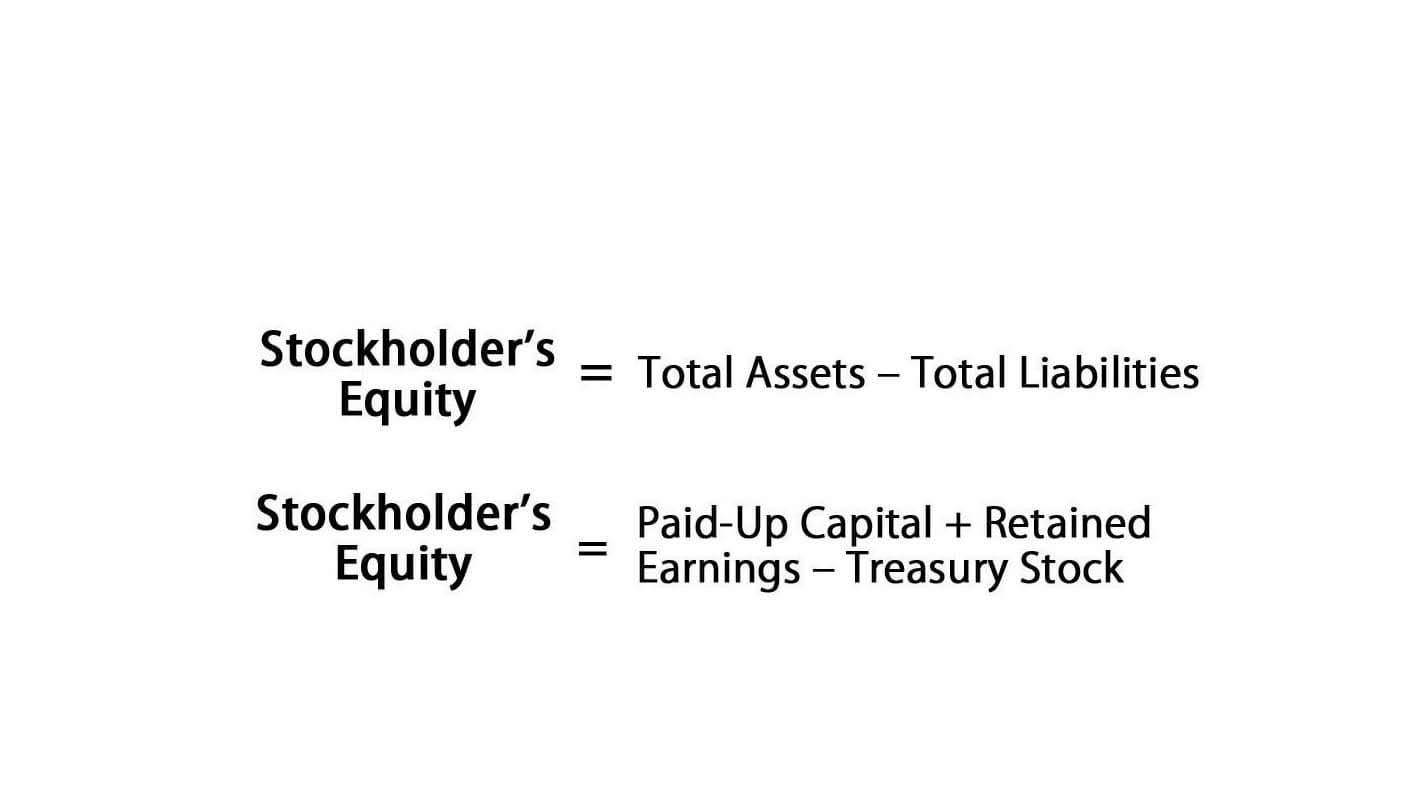
Our writing and editorial staff are a team of experts holding advanced financial designations and have written for most major financial media publications. Our work has been directly cited by organizations including Entrepreneur, Business Insider, Investopedia, Forbes, CNBC, and many others. We follow strict ethical journalism practices, which includes presenting unbiased information and citing reliable, attributed resources. Finance Strategists is a leading financial education organization that connects people with financial professionals, priding itself on providing accurate and reliable financial information to millions of readers each year.
Organizational Structure and Standard-Setting Bodies
The IASB does not set GAAP, nor does it have any legal authority over GAAP. The IASB can be thought of as a very influential group of people who are involved in debating and making up accounting rules. However, a lot of people actually do listen to what the IASB has to say on matters of accounting. is gaap used internationally Timeliness and the availability of uniform information to all concerned stakeholders will also conceptually make for a smoother and more efficient process.
- Both aim to make financial reporting crystal clear and consistent, but they aren’t precisely the same thing.
- But company boards, in an effort to best serve their investors’ needs, should contribute to the convergence process by replacing old standards with the new jointly developed ones.
- In contrast, IFRS allows some assets to be evaluated up to their original price and adjusted for depreciation.
- The Generally Accepted Accounting Principles are a set of accounting standards and procedures companies use to compile their financial statements.
- If a corporation’s stock is publicly traded, its financial statements must follow rules set by the U.S.
- Andy Smith is a Certified Financial Planner (CFP®), licensed realtor and educator with over 35 years of diverse financial management experience.
Accounting Principles: What They Are and How GAAP and IFRS Work
This differential treatment in inventory valuation can result in different financial outcomes under the two sets of standards. Setting global and national financial reporting standards is managed by specific regulatory bodies. The International Accounting Standards Board (IASB) governs at an international level, while the Financial Accounting Standards Board (FASB) operates within the United States. Each body has its unique structure and processes that adhere to their respective accounting and reporting frameworks.
what are international accounting standards (GAAP)?

Finance Strategists has an advertising relationship with some of the companies included on this website. We may earn a commission when you click on a link or make a purchase through the links on our site. All of our content is based on objective analysis, and the opinions are our own.

In that case, in addition to the standard disclosures required by GAAP, they may provide specially developed non-GAAP metrics. However, investors should be cautious about using non-GAAP measurements because they can sometimes be misleading. The IFRS (IFRS) International Reporting Standards are utilized in over 100 nations, including the European Union, Japan, Australia, and Canada. The IFRS Foundation petty cash oversees, maintains, and updates each country’s accounting standards. Knowledge of generally accepted accounting standards (GAAP) is essential if your organization plans to issue stock or participate in mergers and acquisitions.

- To get a jumpstart on building your financial literacy, download our free Financial Terms Cheat Sheet.
- The IASB does not set GAAP, nor does it have any legal authority over GAAP.
- When compiling financial statements, some corporations in the United States, mainly those traded abroad or with a lot of international business, may employ dual reporting (i.e., both systems).
- Critics of principles-based accounting systems say they can give companies far too much freedom and do not prescribe transparency.
- A focus on principles may be more attractive to some as it captures the essence of a transaction more accurately.
- This makes it easier for investors to analyze and extract useful information from the company’s financial statements, including trend data over a period of time.
- Unlike IFRS governed by the IASB, FASB’s standards are recognized by the U.S.
Comparing financial statements across different companies—even within the same industry—becomes challenging without GAAP. Some companies may use GAAP and non-GAAP measures to report their financial results. GAAP regulations require that non-GAAP measures be identified in financial statements and other public disclosures, such as press releases. GAAP is used by accountants and other financial professionals to compile financial statements for companies. It is also used by investors Bookkeeping for Chiropractors and analysts to compare the financial statements of different companies.
- GAAP’s ten principles concern accounting uniformity, openness, and ethics.
- If a corporation is discovered to be in violation of GAAP principles, there are numerous potential implications.
- When a company holds investments such as shares, bonds, or derivatives on its balance sheet, it must account for them and their changes in value.
- IFRS provide guidance on a wide range of accounting activities and are used in over 140 jurisdictions worldwide.
- It would also be much harder to compare how different companies are performing.

It’s a rule-based system all domestic and Canadian publicly traded companies must follow when filing financial statements. The purpose of GAAP is to help investors analyze financial data and compare different companies to make informed financial decisions. Reporting standards are put in place to provide companies with a set of uniform principles so they can all inform the public (investors, analysts, and financial institutions) about their financial health and well-being. This includes the completion of financial statements in a fair, accurate, and transparent manner on a timely basis. With reporting standards in place, investors, lenders, and others can make informed decisions about different companies. The IASB is an independent, not-for-profit organization that develops the International Financial Reporting Standards (IFRS).
In what ways do IFRS and GAAP differ regarding lease accounting?
- The International Accounting Standards Board (IASB) governs at an international level, while the Financial Accounting Standards Board (FASB) operates within the United States.
- This can result in different valuations for certain financial instruments under the two standards.
- GAAP prescribes that interest paid and interest received should be classified as operating activities, while international standards are a bit more flexible.
- Consequently, investors may need to adjust their analyses when comparing companies that apply different standards.
- Within the United States, the FASB operates as the primary body that establishes financial accounting and reporting standards for public and private companies and not-for-profit organizations.
- Part of the reason it is so difficult to generate one set of universally accepted accounting standards is the basis on which the standards are set.
GAAP allows LIFO carrying cost of inventory accounting, while the IFRS explicitly prohibits any company from using LIFO. Instead, international standards dictate that the same cost formula must be applied to all inventories of a similar nature. Maybe the answer lies in the need to consider a more in-depth study and an examination of the factors influencing the molding or development of a country’s accounting system. But company boards, in an effort to best serve their investors’ needs, should contribute to the convergence process by replacing old standards with the new jointly developed ones. It’s anyone’s guess how this convergence will evolve and impact the corporate financial accounting in the U.S. These costs can be capitalized under IFRS, subject to certain criteria, and therefore can be amortized over several periods.

